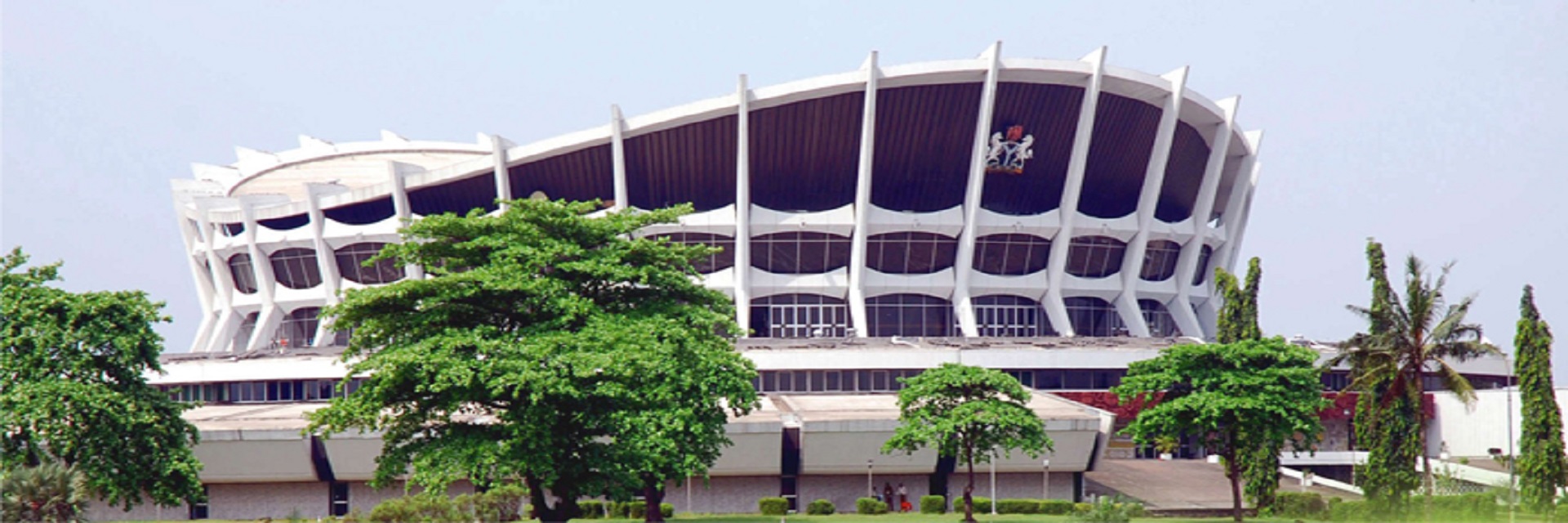ABOUT LAGOS
 Lagos (/ˈlɑːɡoʊs/ /ˈleɪɡɒs/ lay-gos), is the most populous city in Nigeria, the second fastest-growing city in Africa and the seventh in the world. The population of Lagos according to the Lagos State Government was 17.5 million, a number disputed by the Nigerian Government and judged unreliable by the National Population Commission of Nigeria. The latest reports estimate the population at 21 million, making Lagos the largest city in Africa.
Lagos is a port which originated on islands separated by creeks, such as Lagos Island, fringing the southwest mouth of Lagos Lagoon while protected from the Atlantic Ocean by barrier islands and long sand spits such as Bar Beach, which stretch up to 100 kilometres (62 miles) east and west of the mouth. From the beginning, Lagos has expanded on the mainland west of the lagoon and the conurbation, including Ikeja (which is the capital of Lagos State) and Agege, now reaches more than 40 kilometres (25 miles) north-west of Lagos Island. Some suburbs include Ikorodu, Epe and Badagry, and more local councils have recently been created, bringing the total number of local governments in Lagos to 57 (This includes Local Community Development Areas or LCDAs).
Lagos (/ˈlɑːɡoʊs/ /ˈleɪɡɒs/ lay-gos), is the most populous city in Nigeria, the second fastest-growing city in Africa and the seventh in the world. The population of Lagos according to the Lagos State Government was 17.5 million, a number disputed by the Nigerian Government and judged unreliable by the National Population Commission of Nigeria. The latest reports estimate the population at 21 million, making Lagos the largest city in Africa.
Lagos is a port which originated on islands separated by creeks, such as Lagos Island, fringing the southwest mouth of Lagos Lagoon while protected from the Atlantic Ocean by barrier islands and long sand spits such as Bar Beach, which stretch up to 100 kilometres (62 miles) east and west of the mouth. From the beginning, Lagos has expanded on the mainland west of the lagoon and the conurbation, including Ikeja (which is the capital of Lagos State) and Agege, now reaches more than 40 kilometres (25 miles) north-west of Lagos Island. Some suburbs include Ikorodu, Epe and Badagry, and more local councils have recently been created, bringing the total number of local governments in Lagos to 57 (This includes Local Community Development Areas or LCDAs).
HISTORY
Main articles: History of Lagos and Timeline of Lagos
Lagos was originally inhabited by the Awori subgroup of the Yoruba people. Under the leadership of the Oloye Olofin, the Awori moved to an island now called Iddo and then to the larger Lagos Island.[13][14] In the 15th century, the Awori settlement was conquered by the Benin Empire and the island became a Benin war-camp called “Eko” under Oba Orhogba, the Oba of Benin at the time. The Yoruba still use the name Eko to refer to Lagos.
Lagos, which means “lakes”, was a name given to the settlement by the Portuguese. The present-day Lagos state has a high percentage of Awori, who migrated to the area from Isheri along the Ogun river. Throughout history, it was home to a number of warring ethnic groups who had settled in the area. Following its early settlement by the Awori nobility, and its conquest by the Bini warlords of Benin, the state first came to the attention of the Portuguese in the 15th century.
Portuguese explorer Rui de Sequeira visited the area in 1472, naming the area around the city Lago de Curamo; indeed the present name is Portuguese for “lakes”. Another explanation is that Lagos was named for Lagos, Portugal—a maritime town which, at the time, was the main centre of Portuguese expeditions down the African coast, and whose own name is derived from the Latin word Lacobriga.
Lagos was formally annexed as the British Lagos Colony in 1861. This had the dual effect of crushing the slave trade and establishing British control over palm and other trades. The remainder of modern-day Nigeria was seized in 1887, and when the Colony and Protectorate of Nigeria was established in 1914, Lagos was declared its capital, continuing as such after the country’s independence from Britain in 1960. Along with migrants from all over Nigeria and other West African nations were the returnee ex-slaves known as Creoles, who came from Freetown, Sierra Leone, Brazil and the West Indies to Lagos. The Creoles contributed to Lagos’ modernisation and their knowledge of Portuguese architecturecan still be seen from the architecture on Lagos Island.
Lagos experienced rapid growth throughout the 1960s and 1970s as a result of Nigeria’s economic boom prior to the Nigerian Civil War. Lagos was the capital of Nigeria from 1914 up to 1991.The city was stripped of its status when theFederal Capital Territory was established at the purpose-built city of Abuja. On 14 November 1991, the Presidency and other federal government functions were finally relocated to the new capital city of Abuja.

